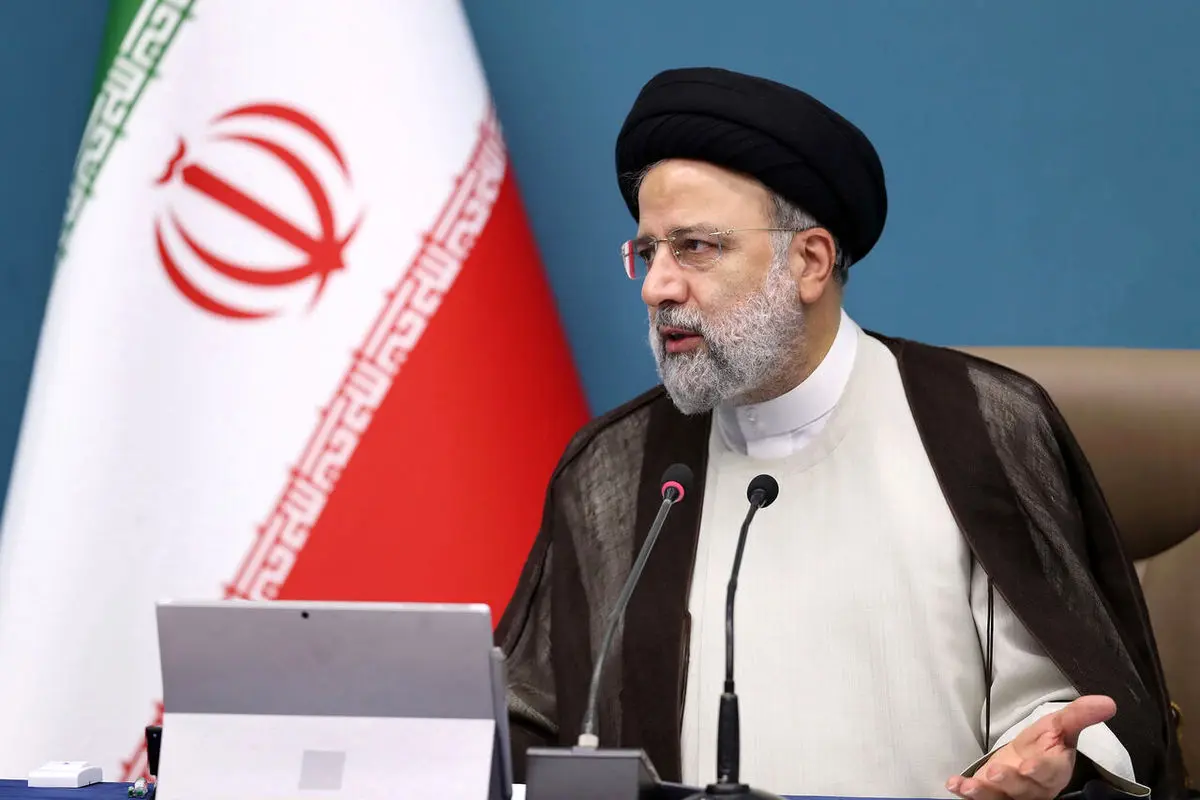Muslims’ commonalities form religious civilization: Raisi

Iranian President Ebrahim Raisi has underscored that commonalities of the Muslim nations have shaped a religious civilization in today’s world.
Addressing the opening ceremony of the 36th International Islamic Unity Conference, President Raisi felicitated the birth anniversary of the Prophet Muhammad (PBUH) and Imam Jafar Sadiq (A.S), noting that the late Imam Khomeini had hoisted the flag of unity among Muslims in all around the globe, and now the unit consists of Muslims with all languages, ethnicities, and attitudes.
Muslims enjoy numerous commonalities, which help them stand together and create a religious civilization, the president noted.
All Muslim nations are tasked with enlightening in order to improve the position of Islam and Muslims, he said, they should make it clear that the enemies of the Islamic world are very incapable of finding out the logic.
President Raisi said, "The comprehensiveness of Islam can meet all the needs of today's mankind and contemporary man can create a happy life for himself by relying on God, self-confidence, and religious learning."
The president added, "The comprehensiveness of Islam meets all the needs of contemporary man and gives him the strength to stand against cultures that are not compatible with religious life."
Expressing gratitude to the audience of this conference, Raisi said, "This meeting will lead to a common understanding among all influential figures in the Islamic world regarding the huge capital called religion and religious values; a great capital in the name of religious people and Muslims and believers in religion, as well as Islamic lands, which today with all the material and spiritual wealth are at the disposal of Muslims."
Raisi also considered educated young people with a tendency towards spirituality, the spirit of resistance and standing against the enemy, being ready to take risks in the path of a religious life and the educated human resources of the Islamic world as other great assets of the Islamic world and pointed out, "The thinkers of the Islamic world are a great asset who are ready to stand together from various fields, universities and scientific and research centers against atheistic thinking, secular trend, takfiri and extremist thinking."
Pointing out that men and women in Islamic countries are ready to unite in the name of religion and frustrate the enemies, the President stressed the need to think to understand the tricks of the enemy in the field of downplaying the abilities of Muslims and exaggerating their own incapacity and said, "The flag that Imam Khomeini (RA) raised was the flag of unity between all Muslims all over the world, with all dialects, in all regions and with all viewpoints."
As to the issue of Palestine, he noted that certain people thought that the way to survive the occupied land comes from negotiating table, but we have seen that consensus with the Zionists is doomed to failure and the resistance movement has come out victorious.
Raisi also criticized those who pursue normalization of ties with the Zionist regime, noting that there are differences between governments and their people over the issue of normalization because the Islamic citizens do not accept political ties with the Zionists.
The United States and the Zionist regime are seeking to sow discord among Muslim nations in order to follow up their own interests and find markets for their weapons as well as marginalize the first and foremost issue of the Islamic world, which is the liberation of Palestine and the Holy al-Quds.
Elsewhere in his remarks, he pointed to the fight against terrorism and extremism, noting that the Islamic Republic of Iran has put the confrontation on its agenda, but the US has supported terrorism in the region and assassinated Iranian Lieutenant General Qassem Soleimani, who was fighting terrorism.
The World Forum for Proximity of Islamic Schools of Thought holds the International Islamic Unity Conference every year concurrent with the Islamic Unity Week from October 9 to 14. The conference was held in the last couple of years in the form of an online webinar due to the COVID-19 pandemic.
This year, the conference is being held in Tehran with the motto of “Islamic Unity, Peace, and Refraining from Discord and Conflict in the Islamic World; Practical Strategies and Operational Measures.”
Some 200 thinkers from 60 countries as well as 100 political and cultural figures take part in the event in person, and in the webinar section, there are 12 sessions with 144 speeches. The speeches are available in English, Arabic, and Persian at https://iuc.taqrib.ir.
